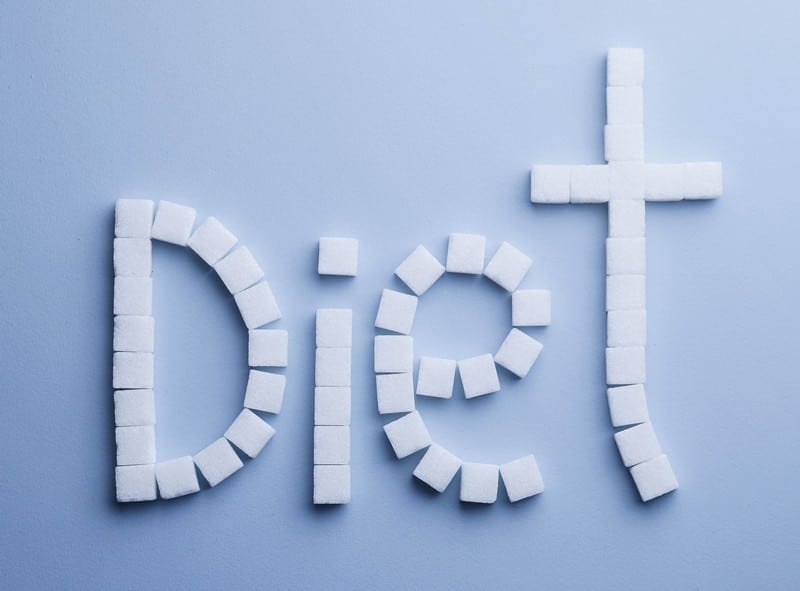Cut Sugar

Although sodium or salt is commonly associated with hypertension or high blood pressure, sugar can also play a role. Consuming excessive sugar may decrease the generation of nitric oxide (NO) in blood arteries. Usually, nitric oxide aids in vasodilation or the enlargement of blood vessels. Without NO, vasoconstriction, or the tightening of blood vessels, may occur, resulting in elevated blood pressure. Fructose, a form of simple sugar, increases uric acid’s blood levels, inhibiting nitric oxide generation.
Additionally, increasing sugar intake might result in weight gain. Further, obesity contributes to high blood pressure. Many surprising items contain sugar and carbohydrates, making the already challenging objective of eating healthy more difficult. However, altering a few typical behaviors may take the initial steps toward a healthier eating pattern and improved heart health. Tips like beginning the day with a nutrient-dense smoothie, eating fresh fruits, and drinking enough water will help reduce cravings and prevent eating manufactured sweets. Limit consumption of saturated and trans fats, salt, red meat, sweets, and beverages with added sugar. Due to their high sugar content, those with high blood pressure should avoid eating processed foods and other non-vegetable carbohydrates. These can be substituted with healthy fat sources.










